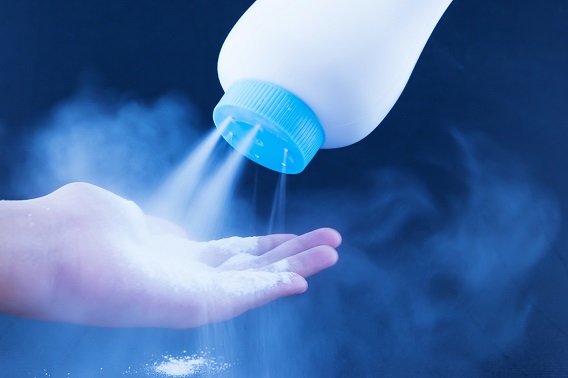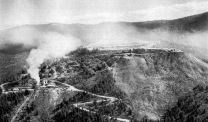J&J Must Pay $260M in Asbestos Talc Lawsuit
Legislation & LitigationWritten by Travis Rodgers | Edited By Walter Pacheco

An Oregon jury awarded a woman $260 million in punitive and compensatory damages after she claimed Johnson & Johnson’s Baby Powder caused her mesothelioma diagnosis. The multimillion-dollar verdict from the 4th Judicial District Circuit Court is the latest against the company in connection to its talc-based baby powder.
Doctors in 2023 diagnosed Kyung Lee, 48, with mesothelioma. Lee claimed she inhaled talc contaminated with asbestos for more than three decades, starting when her mother used it on her during her infancy. Lee also admitted to using the product as an adult. During the trial, a defense lawyer for J&J said a factory that used asbestos near where Lee grew up likely caused her cancer.
Johnson & Johnson maintains that its talc products do not contain asbestos, do not cause cancer, and decades of scientific studies support the safety of the product. Erik Haas, J&J’s worldwide vice president of litigation, said in a statement that the verdict “is irreconcilable with the decades of independent scientific evaluations confirming talc is safe, does not contain asbestos, and does not cause cancer.” Haas says J&J plans on appealing the verdict and is confident it will be reversed.
The results of a study published in May in the Journal of Clinical Oncology found that applying talc-based baby powder to the genitals was linked to ovarian cancer. The study enrolled more than 50,000 women in the United States from 2003-2009. That research could undercut the safety claims of J&J’s talc products.
J&J Faces Thousands of Asbestos Lawsuits
This verdict against Johnson & Johnson comes in the midst of the pharmaceutical company attempting to settle the majority of the thousands of talc-related cases against it through a proposed $6.475 billion settlement offer.
If approved, J&J’s plan of reorganization would resolve 99.75% of the more than 60,000 ovarian cancer claims. The settlement money would be paid out over the course of 25 years. The proposed deal doesn’t include the company’s remaining talc-based mesothelioma lawsuits.
According to court documents, Johnson & Johnson was aware its talc-based products were contaminated with asbestos as far back as the 1950s. Internal reports from the company show J&J discussed hiding asbestos concerns that originated at talc mines in Vermont and Italy. Talc can become contaminated with asbestos during the mining process. Both are naturally occurring minerals that form close together in the earth. Asbestos is the primary cause of mesothelioma. Exposure to the toxic mineral may also cause a number of asbestos-related diseases such as COPD, ovarian cancer, lung cancer, laryngeal cancer, and asbestosis.






